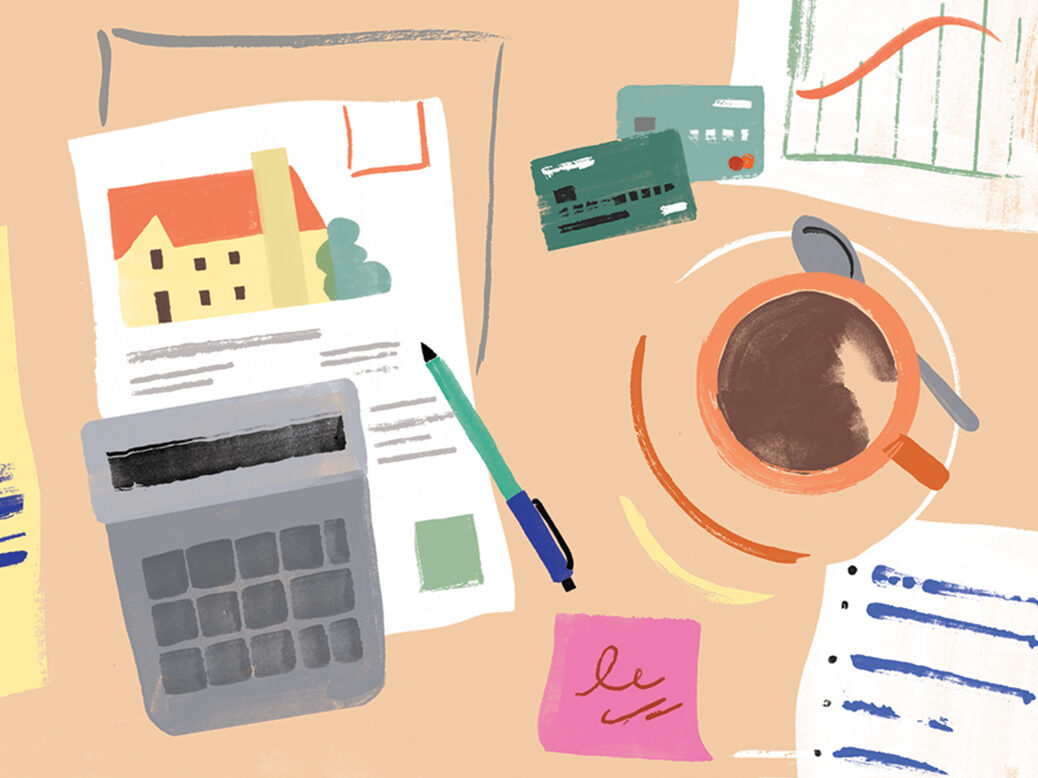
One person to blame for the state of your finances at this time of year is the 16th-century Italian mathematician Luigi Giglio, the primary author of the Gregorian calendar. The Julian calendar slightly underestimated the length of the solar year, which meant Easter had begun to drift off in the direction of summer; this could have had disastrous implications for the chocolate-egg industry when it got going 300 years later. Giglio fixed this issue but kept the other problem with Caesar’s year: its brutal, 31-day January. What Giglio failed to foresee was that in the capitalist future, businesses would bring their December payrolls forward to ensure employees were well capitalised for a season of presents and fattening snacks. Between Giglio and the finance team, many people now have their December pay packet stretched over more than 40 days.
The result is mass participation in the festival of Brassic January, perhaps the only annual tradition more tedious than Dry January. One answer is to embark on a version of what everyone else does at this time of year, and briefly attempt a diet. Thankfully, this one does not involve a commitment to raw beef or spiralised vegetables, but cash. Perhaps the simplest way to save money is to change the way you pay for things.
The end of cash, after millennia in use, is one of the most significant changes in the way we use money. In 2010, cash was used in 60 per cent of transactions in the UK; paying by card in a pub or newsagent would be met with a sigh. By 2017, contactless cards were ubiquitous and cash payments halved. During the pandemic they halved again, to 15 per cent of transactions. As inflation arrived, this trend briefly reversed. An extra 400 million cash transactions took place in 2022, and for a good reason: cash helps you budget, and to avoid using debt.
Payment systems, on the other hand, are designed to alleviate what the behavioural scientist Ofer Zellermayer called “the pain of paying”. Zellermayer’s 1996 doctoral thesis showed that shopping – or “hedonic consumption” – was fundamentally an emotional act. His supervisor, George Loewenstein, would later confirm this using MRI scans of people’s brains as they shopped: high prices and cash payments caused the insula, a region of the brain associated with processing physical pain, to activate. Cards, however, “anaesthetise the pain of paying,” Loewenstein wrote. In 2000, a study by researchers at MIT found that subjects were prepared to spend almost double the amount on the same product if they paid by card.
We have evolved a very strong bias against material losses, because in the state of nature losing a day’s food was a disaster. Cards, and the still more effective technology of online payments, overcome this impulse. Jeff Bezos spent his career at Amazon in a battle against “friction” – any tiny delay that might allow for consumer uncertainty – but if you’re trying to save money, friction is your friend. The cash diet allows you to harness your natural loss aversion, putting your purchasing in the hands of the hominid within. You will quickly find that some spending is constrained anyway, because many businesses no longer accept cash. Food-and-drink chains went cashless during the pandemic, ostensibly to Control the Virus, but actually because if you’re going to charge someone £4 for a flat white then it’s best to see if you can do it without them realising.
If spending a week on the cash diet seems like too much trouble, try it for a single transaction: hand over a fiver for that coffee, and you’ll get a better sense of whether you really need it. For any impulse buy, take a moment to picture its price in cash: does it make it easier to say no? We don’t need to don our tinfoil hats and abandon the convenience of modern payments – but a few small acts of resistance can help, in a world designed to make you spend without noticing.
Will Dunn, the New Statesman’s business editor, will be writing fortnightly on personal finance. Write to him at will.dunn@newstatesman.co.uk if you have a question or a subject you’d like discussed
[See also: Mortgages are approaching a new cliff edge]
This article appears in the 17 Jan 2024 issue of the New Statesman, Trump’s Revenge





